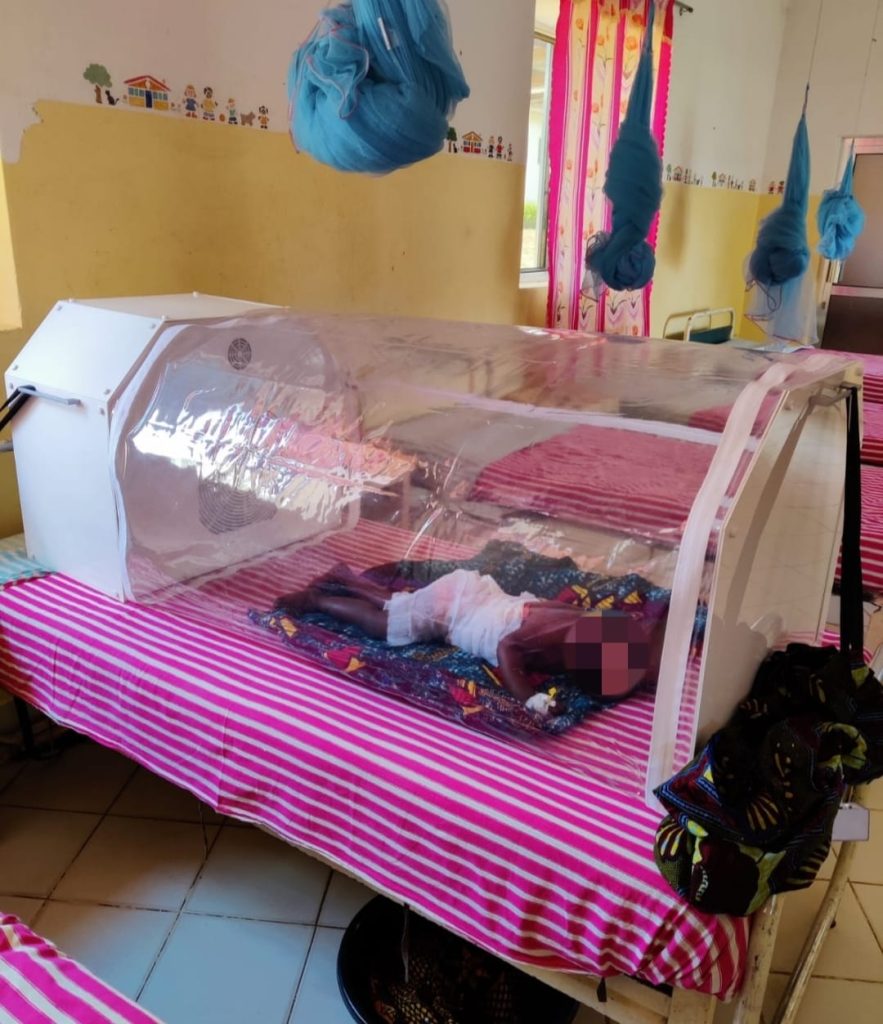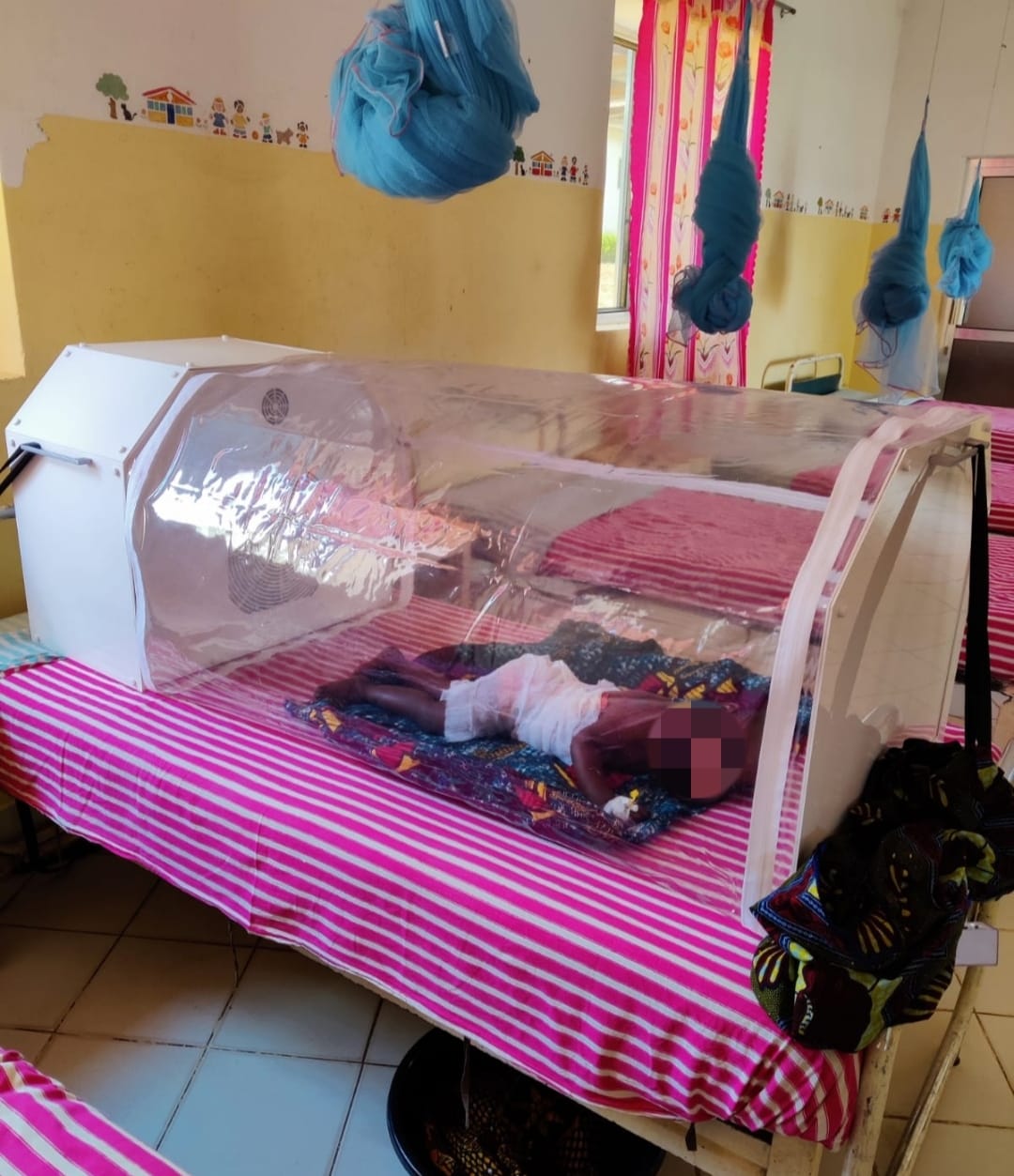Barbara Tomassini [Barbara Tommassini is a Biomedical Engineer, CTO at BIOVERSE srl, currently volunteering in the Civil Service program in Tanzania.
Interviewing Team: Alessandra Gramolini, Rebecca Pedemonte, and Michele Tallarini.

What is the health situation in Tanzania? What impact did COVID-19 have?
Tanzania is making major progress in the health sector leading to a continued increase in life expectancy for Tanzanians at birth. Despite this, there are still several issues such as the lack of adequate infrastructures and human resources. The impact of HIV/AIDS represents one of the most dramatic realities.
The management of COVID-19 in Tanzania has gone hand in hand with politics. After a long period of official denial that coronavirus exists in Tanzania, the government has completely changed course in early 2021, after the death of the previous president. The country, however, is still facing major challenges to obtain vaccines and to overcome hesitancy amongst the population, which has only got more confused by these several changes. Now the situation is quite stable: there are no restrictive measures even if the epidemic is still going on, but, at the same time, hospitals are not overcrowded. In similar contexts, the situation and the decisions to be taken are even more delicate, and it’s necessary to find a balance between the containment of the epidemic and the maintenance of a stable social situation.
What are the opportunities for the development and application of new biomedical technologies in Tanzania? Why did you choose to bring your project to Tanzania?
In Tanzania, there are a lot of needs but few resources and infrastructures available in the country. The healthcare sector is full of opportunities for the development and application of new biomedical technologies, but we should always keep in mind the specific contexts and needs, to design more appropriate and useful technologies.
Indeed, the biggest mistake made so far with these countries has been to give them technologies that are unsuitable for the context, not economically sustainable, without staff training and spare parts available locally.
The new medical device I’m developing together with a colleague of mine (we are both biomedical engineers), is about the treatment of severely burned patients (TBSA> 20%) up to 5 years of age, and it is specifically designed for low-middle income countries. We chose to bring our project to Tanzania for epidemiological and personal reasons: every year 11 million severe burns occur from open flames and boiling liquids alone. 95% of the victims occur in low-middle-income countries, particularly in sub-Saharan Africa, and 70% are children less than 5 years of age. Furthermore, the idea was born during a past trip in Tanzania, during a visit to a rural hospital.
In your opinion/based on your experience on the field,what is the role of Italian ONGs in Tanzania?
Since Tanzania is a peaceful and not high-priority country, Italian NGOs in the country play a role in supporting government institutions for the creation of developed systems adaptable to local contexts for improving the existing ones. This support takes place, supporting the activities and training the local staff, to achieve long-term sustainability and local autonomy, with no need of foreign help anymore.
How do you think Italy-Tanzania cooperation in the healthcare system will develop in the future? Which are the most important fields that need external support to be developed?
I think healthcare system in Tanzania in the coming years will need external support in the area of Emergency management, with in-depth analysis of national and international guidelines, for improving the knowledges of local staff and training it, as well as the management and purchase of appropriate medical devices in terms of accessibility, availability of spare parts, ease of use and training of personnel on use and maintenance. There should be a strong cooperation between NGOs themselves and manufacturing companies, to have more appropriate and effective devices.

No comments.